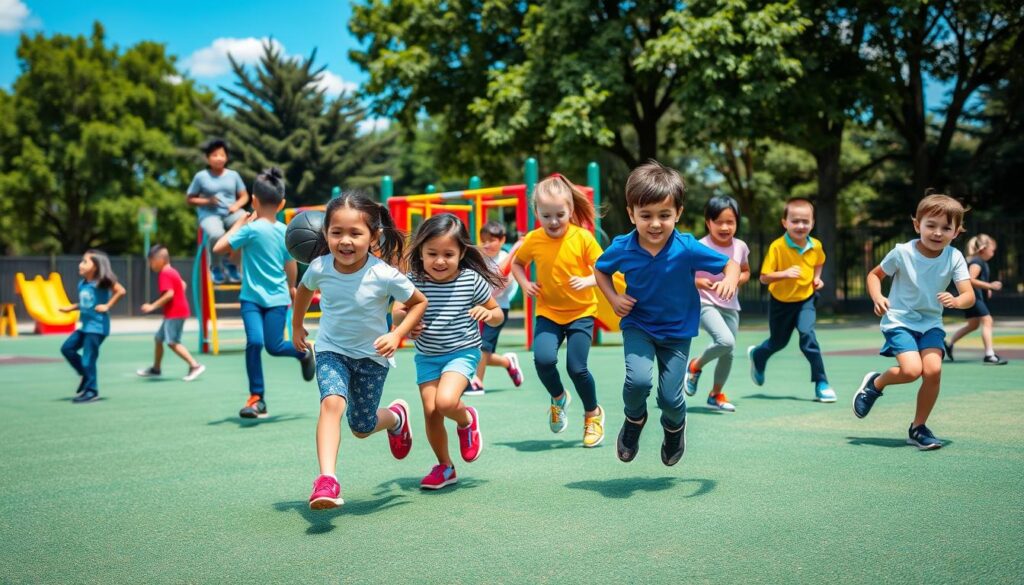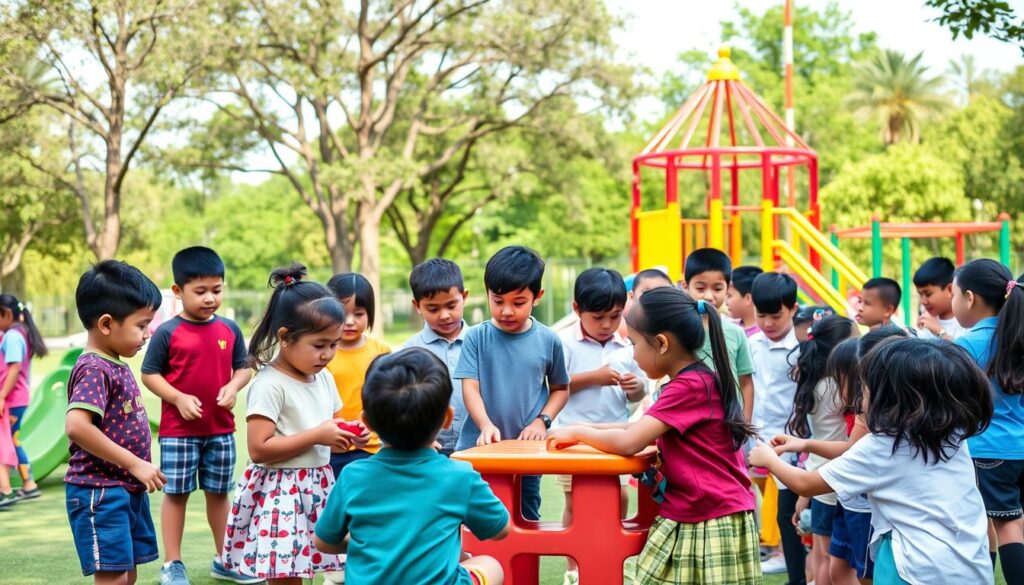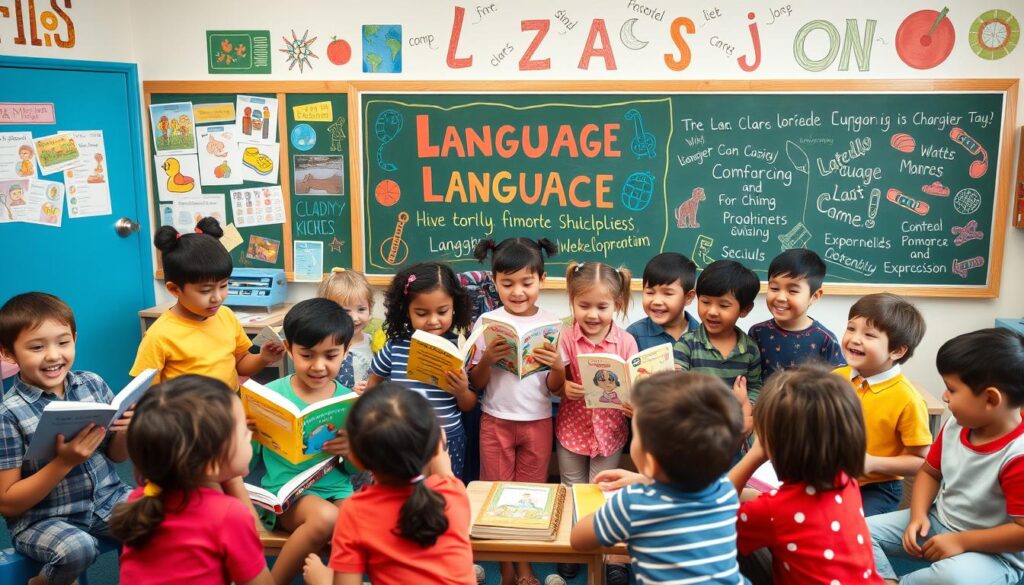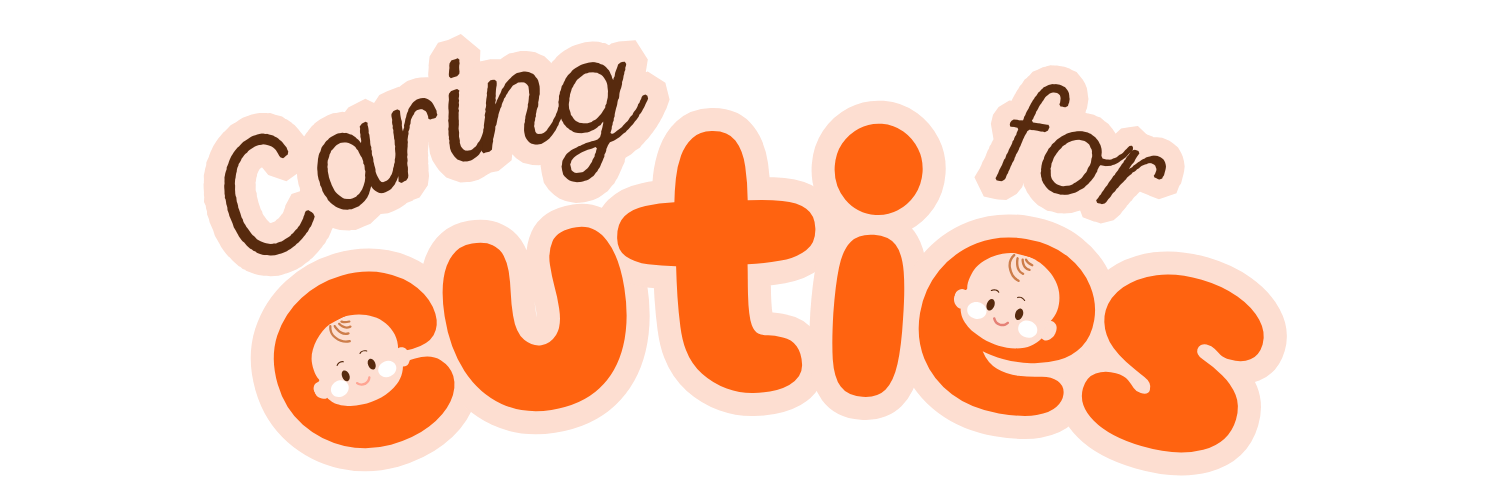Watching your child grow through the school-age years is amazing. This time is filled with big milestones in their physical, mental, social, emotional, and language growth. Knowing these stages is key to helping them grow well.
Children change a lot during this time, affecting their growth. It’s important for parents and caregivers to notice these changes. This way, they can create a supportive environment for their child’s development.
Key Takeaways
- Understanding school-age child development stages is vital for parents and caregivers.
- Children experience significant physical growth during this period.
- Cognitive development plays a critical role in their academic success.
- Social skills and emotional growth are essential for building strong relationships.
- Language development is critical for effective communication.
- Recognizing child development milestones helps parents provide targeted support.
- Being aware of developmental stages in children enables parents to create a nurturing environment.
Understanding School-Age Child Development Stages
Child development is complex and involves many areas. The school-age period is key in a child’s life. During this time, kids go through big changes in their bodies, feelings, and minds. Child psychology helps us understand these changes and support their growth.
The school-age years are filled with important milestones. Kids grow socially, emotionally, and cognitively. Parents and caregivers are vital in supporting these developments. They create a caring environment, offer emotional support, and encourage kids to be independent.
What Defines the School-Age Period
This stage is marked by big changes in physical growth, motor skills, and thinking abilities. Kids start to form more complex friendships. Their emotional smarts and self-awareness grow too.
Key Developmental Milestones to Monitor
- Physical growth and motor skills development
- Cognitive development, including memory and learning patterns
- Social skills and peer relationships
- Emotional growth and self-identity
The Role of Parents in Development
Parents play a big role in supporting their child’s growth. They can watch for milestones, offer emotional support, and encourage independence. By knowing about child development and psychology, parents can create a supportive environment for their child’s growth.
| Developmental Area | Key Milestones |
|---|---|
| Physical Growth | Improved motor skills, increased strength and coordination |
| Cognitive Development | Improved memory and learning patterns, increased problem-solving abilities |
| Social Skills | Developing complex social relationships, increased emotional intelligence |
Physical Growth and Motor Skills Development
Children grow a lot during school age, getting taller, heavier, and stronger. This is a key time for learning to run, jump, and throw. As they get better, they become more skilled and confident in their movements.
Parents are very important in helping kids grow physically. Activities like sports or dance help kids improve their motor skills. Eating well, with lots of fruits, veggies, and whole grains, is also key. Plus, getting enough sleep is vital for their bodies to heal and grow.

- Getting better at balancing and moving
- Improving at fine motor skills, like writing
- Becoming stronger and more energetic
Knowing about these areas helps parents support their kids better. This support is essential for kids to do well during this important time.
Cognitive Development During School Years
Cognitive development in school-age children is very important. Their brains change a lot, making them better at remembering, learning, and solving problems. Educational resources help a lot with this growth.
Parents can help by giving their kids books, puzzles, and online learning sites. Also, encouraging them to love reading is great for their brains.
Memory and Learning Patterns
Children’s memory and learning get much better during school years. They start to find ways to remember things, which helps them do well in school. Educational resources can make these skills even stronger.
Problem-Solving Abilities
Being good at solving problems is key for kids in school. As they face more challenges, they learn to think critically. Educational resources give them chances to practice solving problems.
Academic Skills Development
Learning to read, write, and do math is vital for kids in school. These skills are the building blocks for success. Educational resources help kids develop these skills, setting them up for more learning in the future.
| Age | Cognitive Development Milestones |
|---|---|
| 6-7 years | Improvements in memory and learning patterns |
| 8-9 years | Development of problem-solving abilities |
| 10-11 years | Refinement of academic skills, including reading, writing, and math |
Social Skills and Peer Relationships
Social development is key for school-age kids. They start making friends, learning to work together, and solving conflicts. Parents are very important in helping their kids grow socially. They do this by encouraging them to meet others, teaching them to feel for others, and showing them good relationships.
Here are some parenting tips to help your child:
- Encourage them to join groups, like sports or clubs
- Show them how to handle conflicts and build good relationships
- Teach them to understand and care for others
Using these parenting tips can help your child develop important social skills. This can lead to strong friendships and better social skills. It’s great for their happiness and well-being.

Emotional Growth and Self-Identity
Emotional growth in school-age children is key to their future mental health. They start to understand their feelings and learn to control them. This helps them make friends and feel good about themselves.
How kids act is shaped by their emotional growth. They learn to handle stress and emotions. Parents help by teaching them to manage feelings and build self-confidence.
Understanding Emotions
At this age, kids start to know and feel different emotions like happiness and sadness. They learn to share their feelings in a healthy way. This helps them make better friends and handle social situations.
Building Self-Esteem
Self-esteem is very important for kids at this age. Feeling good about themselves helps them try new things and find their purpose. Parents can boost self-esteem by being positive and encouraging kids to try new things.
Developing Independence
Kids start to want to do things on their own as they grow. This is a big step in emotional growth. It helps them feel self-reliant and confident. Parents can support this by letting kids make choices and take responsibility.
| Emotional Development Milestones | Age Range |
|---|---|
| Recognizing and expressing emotions | 6-8 years |
| Developing emotional regulation techniques | 7-10 years |
| Building self-esteem and confidence | 8-12 years |
Language and Communication Progress
Children make big strides in language during the school-age years. This is a key time for learning in elementary school. They start to use more words, understand grammar better, and get better at talking.
Parents can help by encouraging reading and talking with their kids. Engaging in discussions helps kids think critically and talk well. It’s also important for parents to show good communication skills, as kids often copy what they see.
Here are some ways to help kids improve their language skills:
- Reading books together
- Asking open-ended questions to encourage discussion
- Providing opportunities for children to express their thoughts and opinions
Supporting language development helps kids do well in school and beyond.

As kids get older, they keep getting better at using language. By understanding how important language is and helping, parents can help their kids succeed. This way, kids become better communicators and do well in school.
Supporting Your Child’s Development at Home
As a parent, you are key in helping your child grow at home. A caring environment is vital for your child’s success. Engage them in activities like reading, puzzles, and outdoor play. These are great ways to support their cognitive, social, and emotional development.
Setting routines is also important. A regular schedule makes your child feel safe and responsible. Include homework, chores, and educational resources for school-age children in your routine. Also, teach them about healthy habits like eating well, exercising, and sleeping enough.
Creating a Supportive Environment
- Provide opportunities for socialization, such as playdates or extracurricular activities
- Encourage open communication and active listening
- Offer positive reinforcement and praise for achievements and efforts
By following these parenting tips and creating a supportive space, you can help your child grow into a well-rounded person. Stay involved in their education and offer educational resources for school-age children. This will support their child development and help them succeed in school and life.
Common Challenges in School-Age Development
Children face many challenges as they grow up. These can affect their child behavior. Issues like social relationships, emotional control, and school performance are common.
Parents are key in helping kids overcome these hurdles. They can create a supportive space and encourage talking openly. This means:
- Helping kids share their feelings and worries
- Guiding them to manage their emotions better
- Working with teachers to tackle school problems
By knowing these challenges and acting early, parents can help their kids grow strong. This promotes good child behavior.
When challenges are tough, getting help from experts is wise. Mental health professionals offer valuable advice. They help kids and families do well during the school years.
| Challenge | Support Strategy |
|---|---|
| Social relationships | Encourage participation in extracurricular activities |
| Emotional regulation | Teach relaxation techniques and coping skills |
| Academic performance | Collaborate with teachers to develop a personalized learning plan |
Working with Teachers and Education Professionals
As a parent, building a strong relationship with your child’s teachers is key. This partnership opens doors to educational resources tailored for your child’s needs. Together, you can make sure your child gets the best education and support.
Good communication between parents and teachers is vital. It helps identify and address learning challenges. Regular meetings and updates keep you informed about your child’s progress. They also offer a chance to discuss any concerns or questions.
Collaborative Strategies
- Attend parent-teacher conferences to discuss your child’s progress and goals
- Establish open communication channels to share concerns or questions
- Participate in school events and activities to show support for your child’s education
By teaming up with teachers and education professionals, you help create a supportive learning space. This environment encourages academic success and personal growth. It also gives your child access to valuable educational resources, enriching their elementary education.
Signs of Healthy Development Progress
It’s important for parents and caregivers to know the signs of healthy development in school-age children. Child development is complex, and knowing the milestones helps spot issues early. School-age kids show big improvements in social, emotional, cognitive, and physical areas.
Some key signs of healthy development in school-age children include:
- Improved social skills, such as cooperation and communication with peers
- Enhanced emotional regulation, including managing feelings and empathy towards others
- Increased cognitive abilities, such as problem-solving and critical thinking
- Refined physical skills, including coordination and balance
Understanding child psychology helps parents support their child’s growth. A supportive environment, positive relationships, and watching developmental milestones are key. Parents play a big role in promoting healthy development.
By knowing these signs and actively supporting their child, parents can help them thrive. This support can greatly impact their well-being and future success.
When to Seek Professional Help
As a parent, you might worry about your child’s growth. Knowing when to get help is key to supporting your child. Child development is complex, and spotting early signs is important.
In child psychology, acting fast is critical. Professional help can provide the right support for your child. Signs like delayed speech or social withdrawal might mean your child needs help.
- Qualifications and experience of the professional
- Services offered and their relevance to your child’s needs
- Communication style and approach to parenting tips and support
Being proactive and seeking help when needed is vital. Every child is different, and what works for one might not work for another. With professional support and parenting tips suited to your child, they can thrive and reach their full ability.
Recap
The article discusses the significant school-age child development stages, highlighting five key areas: physical growth, cognitive development, social skills, emotional growth, and language progress. Parents play a crucial role in supporting their child’s development by recognizing milestones and creating a nurturing environment. Understanding these stages is essential for fostering a child’s overall well-being and academic success.
Conclusion: Nurturing Your Child’s Journey Through School-Age Development
As your child moves through the school-age development stages, they need your support to grow. Every child is different, and their developmental milestones can vary. But with patience, encouragement, and attention, you can help them through this important time.
Learn about the developmental stages in children and work with teachers. This way, your child gets the help they need. By creating a positive space and celebrating their achievements, you boost their confidence and skills.
Join your child on this journey and give them your time, attention, and belief. Your love and support will help them face the school-age child development stages with confidence. This will prepare them for a future full of growth and success.
FAQ
What are the key developmental milestones to monitor during the school-age period?
During the school-age period, it’s important to watch for key milestones. These include physical growth, cognitive abilities, and social skills. Also, emotional development and language progress are important.
Look for changes in height, weight, and motor skills. Also, monitor memory, problem-solving, and self-awareness. Don’t forget to check empathy and communication skills.
How can parents support their child’s physical development during the school-age years?
Parents can support physical development by encouraging exercise and a healthy diet. Make sure your child gets enough sleep and watch their growth and motor skills.
Engage them in sports, games, and outdoor play. This improves fitness and coordination.
What role do cognitive skills play in a child’s academic success during the school-age period?
Cognitive skills are key for school success. Children improve in memory, learning, and problem-solving. They also get better at reading, writing, and math.
Support their learning by providing educational resources. Encourage a love of learning and critical thinking.
How can parents help develop their child’s social skills and peer relationships?
Parents can help with social skills by encouraging interaction and teaching empathy. Model positive relationships and provide chances for cooperative play and solving conflicts.
This helps children make friends, work together, and handle social situations.
What are some strategies for supporting a child’s emotional growth and self-identity during the school-age years?
Teach emotional regulation and foster self-esteem. Encourage independence and help children understand and express their feelings.
Provide positive reinforcement and give them opportunities to make decisions. This helps with emotional growth and self-identity.
How can parents work with teachers and education professionals to support their child’s development?
Building positive relationships with teachers is important. Access educational resources and support systems. Work together to address any challenges.
When should parents seek professional help for concerns about their child’s development?
Seek professional help if you notice significant delays or red flags. This includes social, emotional, cognitive, or physical issues. Consult with pediatricians, child psychologists, or speech therapists for support.





